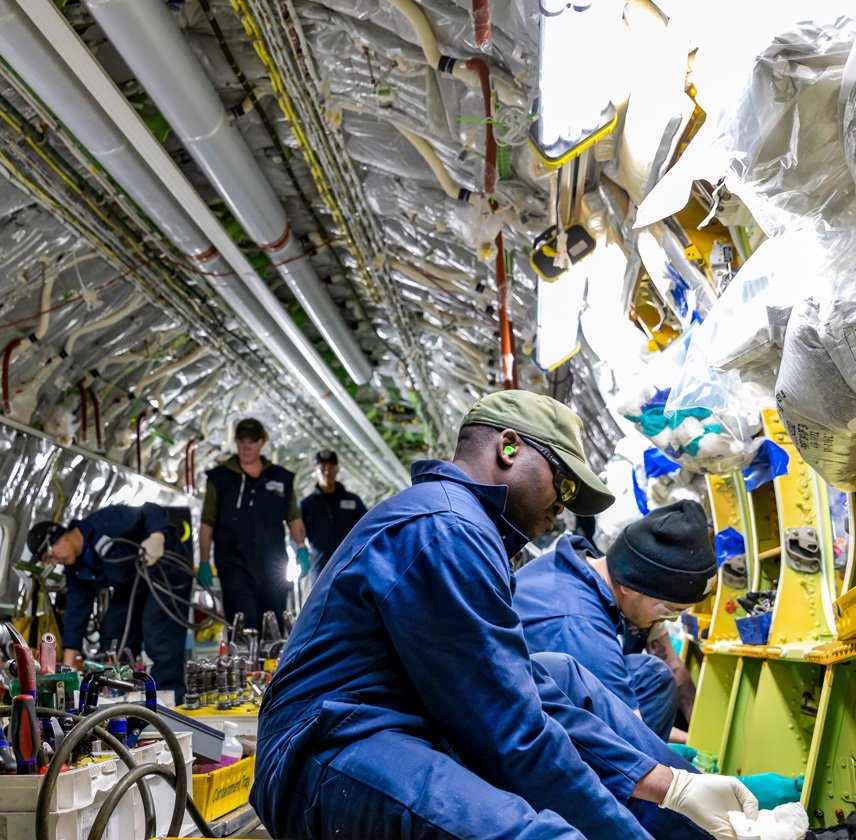The Boeing strike continues to soar with no sign of landing, as striking workers overwhelmingly rejected the company’s latest “best and final” offer. It feels like a high-stakes poker game, but Boeing’s cards aren’t impressing anyone on the other side of the table. Despite improving their initial offer from a 25% to a 30% pay rise and restoring a performance bonus, the 32,000 union workers aren’t biting. For them, this deal still falls short—especially since they’re aiming for a 40% pay increase and the reinstatement of a pension plan that disappeared like a magic trick a decade ago.
Boeing, apparently taking a “take it or leave it” approach, offered their new deal without much of a heads-up. And the workers’ response? “Nah, we’ll pass.” Nearly 95% of them had rejected a prior deal, so this wasn’t exactly a shocker. Boeing’s move to extend the deadline for a vote hints at some backpedaling, which labor experts say could chip away at the company’s credibility. It’s like watching a slow-motion tug of war, with Boeing making offers that aren’t quite cutting it and the union holding its ground.
As for the strike itself, it’s creating a pretty hefty ripple effect. No Boeing 737 MAX jets are coming off the line, and workers are set to miss their first paycheck this Thursday. That pressure cooker is heating up, but it doesn’t seem like a new offer will be a simple Band-Aid solution. Boeing’s trying to stop the bleeding by furloughing non-union workers every few weeks, but the longer this standoff goes on, the bigger the economic fallout. If the strike stretches to the end of September, Boeing’s strike could chop $1 billion off the U.S. GDP—about as fun for the economy as turbulence on a long-haul flight.
For now, it’s a waiting game to see who blinks first. Will Boeing sweeten the deal, or will the union find Boeing’s latest offer a bit more palatable once paychecks stop rolling in? Stay tuned—this isn’t just about building planes, it’s about building leverage.



